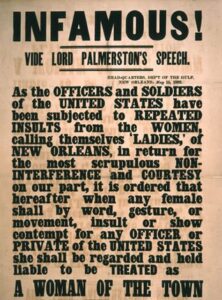Peoples of Louisiana
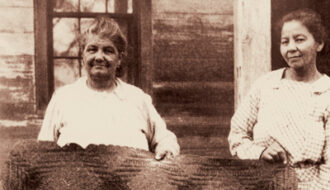
Chitimacha Tribe of Louisiana
The Chitimacha Tribe is the only federally recognized tribe in Louisiana to still occupy part of its ancestral territory.

The Chitimacha Tribe is the only federally recognized tribe in Louisiana to still occupy part of its ancestral territory.

The Chitimacha Tribe is the only federally recognized tribe in Louisiana to still occupy part of its ancestral territory.
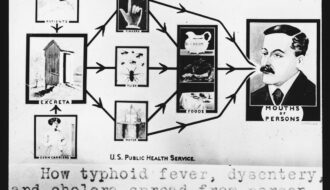
During the nineteenth century, cholera epidemics caused tens of thousands of deaths throughout the state of Louisiana.
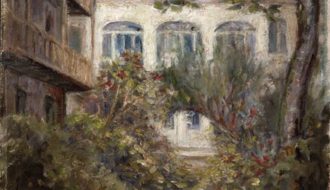
The Christian Woman's Exchange provided rooms for rent, consignment shops for income, and affordable lunches for women of every social class in New Orleans.
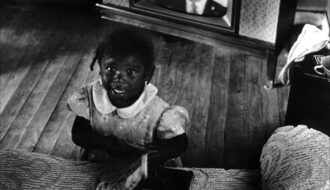
Based in New Orleans from 1969 to 1989, Christopher Harris worked as a freelance photojournalist, capturing dynamic, striking black-and-white images.
Christopher Mason Haile became a journalist and local color writer after he moved to Louisiana.
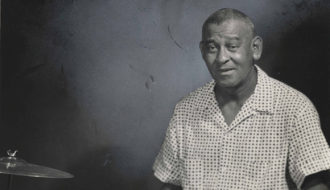
Cié Frazer was a successful jazz drummer in New Orleans for much of the twentieth century.
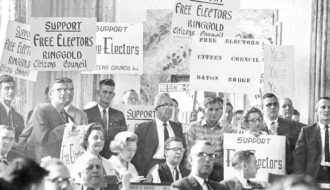
Citizens’ Councils were a loose network of white supremacist, segregationist organizations in the South that organized to preserve segregation.
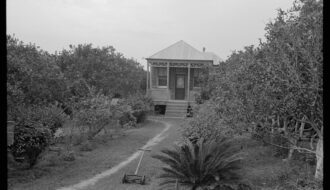
Louisiana’s citrus industry traces its origins to the early 1700s, but the effects of climate change increasingly threaten its long-term viability.

The years between 1861 and 1865 were the most tumultuous five-year span in Louisiana history.

Louisiana seceded from the Union, sent thousands of Confederate soldiers out of state, witnessed occupation, and saw the emancipation of more than 300,000 enslaved people.
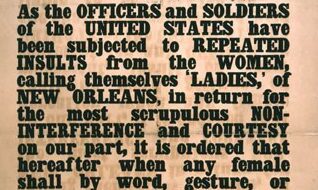
Clara Solomon is best known for her diary, which chronicles her experiences in New Orleans during the Civil War.
One-Year Subscription (4 issues) : $25.00
Two-Year Subscription (8 issues) : $40.00
